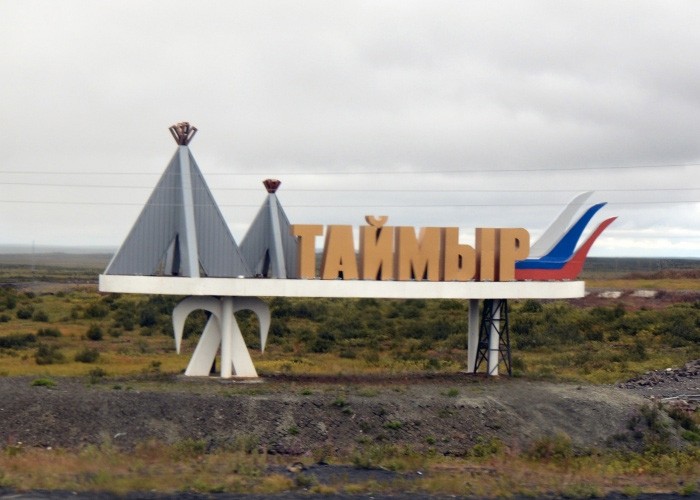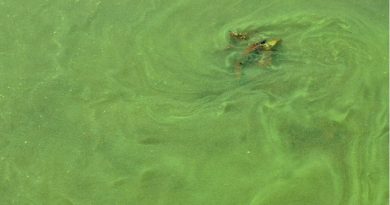Oil companies turned off by Siberia’s Taymyr peninsula

Lukoil drills dry and Rosneft decides to postpone further developments in the area.
The two oil majors in 2015 and 2016 fought hard over licenses on the remote Arctic Taymyr Peninsula. Now, both companies’ interest in the area appears to be cooling.
Lukoil Vice President Aleksandr Matytsyn confirms that the well drilled by the company in 2017 was dry. A total of 9 billion rubles have been written off following the failed drilling, newspaper Kommersant reports.
Great expectations
Lukoil won the East Taymyr license in tough competition with Rosneft. It subsequently unfolded a major exploration effort on the 13,800 square km acreage. More than 200 men and 130 pieces of machinery were quickly sent to the area and up to 2,400 km of 2D seismic mapping was to be conducted.
The drilling, which was conducted in fall 2017, was the first ever in the area.
Company President Vagit Alekperov underlined that he saw the East-Taymyr license as a great development opportunity in a new region.
Rosneft originally intended to secure control both of the East Taymyr land areas and adjacent waters of the Khatanga Bay and Laptev Sea. Instead, the company was left only with the offshore part. The state-owned company subsequently sued Lukoil over the latter’s acquisition of the East Taymyr license, but failed to get the court’s support.
Despite striking oil, Rosneft hesitant
At the same time as Lukoil started to explore its East Taymyr, Rosneft unfolded activities in the nearby Khatanga license.
In October 2017, the company announced that it had made a significant discovery in the area.
The Tsentralno-Olginskaya-1 well holds at least 80 million tons of oil, Rosneft President Igor Sechin made clear.
Rosneft’s drilling operation was conducted from the shore of the Khara-Tumus peninsula, a part of the Gulf of Khatanga, where the company over the last year has developed a research and exploitation base.
However, despite the major discovery, Rosneft appears hesitant to continue large-scale operations in Taymyr.
According to Russian Minister of Natural Resources Sergey Donskoy, Rosneft has not filed a bid for the license of the adjacent waters to the Khatanga license.
According to Neftegaz.ru, there will not be held an auction to the Khara-Tumus license in 2018 because there is no interest among the companies.
Related stories from around the North:
Canada: World maritime body moves to ban dirty fuels in the Arctic, Radio Canada International
China: Can Barents region become a superhub on China’s Arctic Silk Road?, The Independent Barents Observer
Finland: Finland prepares for ‘nightmare’ wintertime Baltic oil spill, Radio Canada International
Norway: Drilling in Norwegian Barents postponed due to dangerous gas, The Independent Barents Observer
Russia: Arctic infrastructure: Moscow runs dry, companies step in, The Independent Barents Observer
Sweden: Another dry well in the Barents Sea for oil company Lundin, The Independent Barents Observer
United States: Washington urged to cancel offshore plans in Arctic, Alaska Public Radio Network



